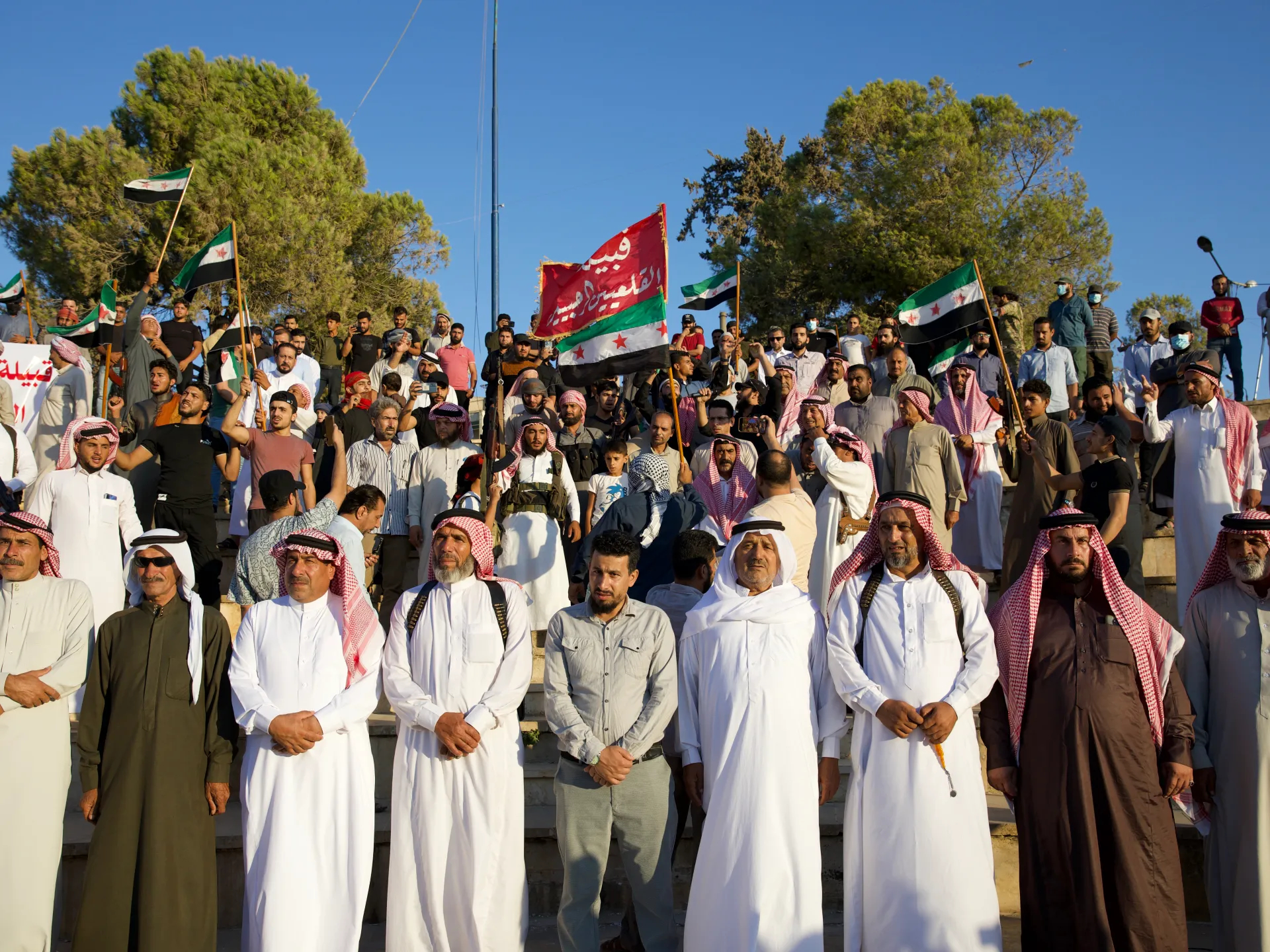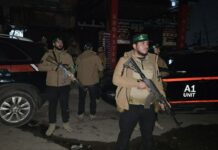
The Autonomous Administration of North and East Syria (AANES), under the control of the Syrian Democratic Forces (SDF), continues to grapple with unrest and increasing dissatisfaction among the local population. The predominantly Kurdish People’s Protection Units (YPG) and Women’s Protection Units (YPJ), aligned with the PKK, have been accused of ongoing violations, leading to a surge in tribal uprisings, particularly in the Deir Ezzor region.
The last month has seen an increase in attacks against SDF militia members, bases, patrols, and checkpoints from local tribal members as the conditions in Deir Ezzor continue to deteriorate. According to local sources like DeirEzzor24 grievances of the people in SDF-administered areas are multifaceted, stemming from a lack of essential services such as healthcare, education, and electricity, as well as soaring prices and high unemployment rates.
These challenges have fueled widespread discontent and frustration among the local populace, particularly the Arab tribes who feel marginalized and mistreated under the rule of the Kurdish-dominated militias. This sentiment led many tribes in the region to take up arms in August and September which required US intervention.
Reports from Deir Ezzor paint a grim picture of the situation, with allegations of SDF militias imposing severe restrictions on civilians, seizing their homes, and forcibly displacing them under false pretenses and “enhanced security measures.” Additionally, private homes and vital infrastructure such as water pumping stations and schools have reportedly been repurposed as military installations, further exacerbating the hardships faced by the local population.
There have been claims of widespread human rights abuses, including arbitrary arrests and raids on homes, increased arrest campaigns, forced conscription, and allegations of theft and confiscation of valuables by SDF members. The local population has voiced their frustration at the lack of meaningful engagement from the SDF in addressing their grievances, with accusations that the militias have ignored the demands of the people and decision-makers, opting to unilaterally dictate matters that directly impact the community through the use of salaried “notables” said to represent the native populace.
The cumulative impact of these practices has taken a heavy toll on families and youth, prompting many to flee their homes and seek refuge in other regions or even attempt to migrate to Europe through smuggling routes. Some families are driven to sell their land and property in a bid to escape the dire circumstances, leading to concerns about the potential depopulation of the region, particularly among the younger generation.
There is a growing sense of frustration towards the international community, particularly the US-led International Coalition, which is seen as a key supporter of the SDF. The coalition’s failure to address reported violations and transgressions has further fueled resentment and disillusionment among the local population, who hold the coalition responsible for the security and well-being of the people in the region.
A continued failure to address the issues in Deir Ezzor through meaningful dialogue, accountability, and sincere redress to the grievances of the local population risks further exacerbating the unrest and instability in the region, with potentially far-reaching consequences for the affected communities and the broader efforts to achieve stability and security in the region.








